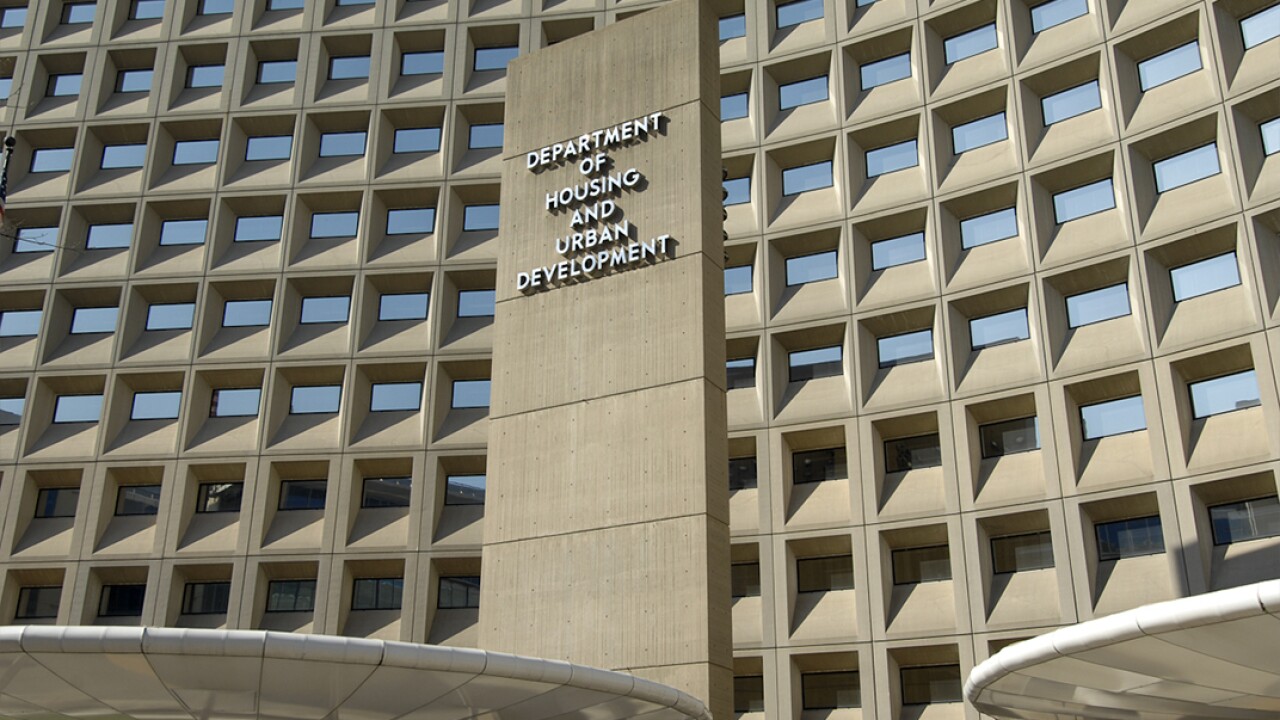
The final implementation of the
Speaking virtually at a conference on financial stability, Jefferson said the implementation of the so-called Basel III endgame will improve resilience in the banking system and "reduce unwarranted variabilities" in the current
"By increasing standardization, these reforms aim to increase transparency and public confidence in risk-weighted assets while also reducing complexity," he said, adding that the final proposal from the Fed, Federal Deposit Insurance Corp. and Office of the Comptroller of the Currency will be released for public comment "soon."
Jefferson also noted that Fed staffers are working on ways to enhance stress testing on the largest banks to capture a wider range of risks and vulnerabilities.
The speech, delivered at the International Conference on Policy Challenges for the Financial Sector in Washington, D.C., included Jefferson's first public remarks on financial stability, regulation and supervision since being confirmed to the Fed Board of Governors last summer.
The foray into supervision comes as Jefferson prepares to take on a bigger role on the Board of Governors. Earlier this month, President Joe Biden nominated him to be the
Jefferson's appointment to the Fed's second-in-command post will require Senate approval. He was confirmed to the board by a vote of 91-7 last year.
During his speech Wednesday, Jefferson said the banking sector is on firm footing despite failures of three large banks earlier this spring. Unlike the last period of banking distress, following the subprime mortgage crisis, he said the fundamentals of the sector are strong and the spillovers from the failures of Silicon Valley Bank, Signature Bank and First Republic Bank were relatively well-contained.
Still, he said, the Fed is
"While the resilience of the financial sector will limit the spillovers from recent events, I expect those strains to lead to a further tightening in credit supply from banks that will weigh on economic activity," Jefferson said, noting that the Fed is using "existing regulatory and supervisory tools" to ensure banks are managing these risks appropriately.
Other major risks to financial stability that warrant close attention are the rise in online banking — and its impacts on customer behavior — and weakness in commercial real estate debt, particularly for banks that have large concentrations of those types of loans.
"Changes in work preferences and the increase in remote work is leading to a reassessment of the outlook for office and associated retail properties, and it will take time for the extent of that weakness to become clearer," he said.
Jefferson noted that the recent crisis in the banking sector will lead to reduced lending activity and contribute to a slowdown in economic activity, although he said the exact impact of that pullback remains to be seen. Similarly, he said, the Fed is evaluating the effects of its tighter monetary policy on the banking system.
Echoing comments made by fellow Fed. Gov. Christopher Waller last week, Jefferson hinted that the Federal Open Market Committee might "skip" raising interest rates during its meeting next month with the intent of potentially resuming hikes at a later meeting.
"A decision to hold our policy rate constant at a coming meeting should not be interpreted to mean that we have reached the peak rate for this cycle," he said. "Indeed, skipping a rate hike at a coming meeting would allow the Committee to see more data before making decisions about the extent of additional policy firming."






